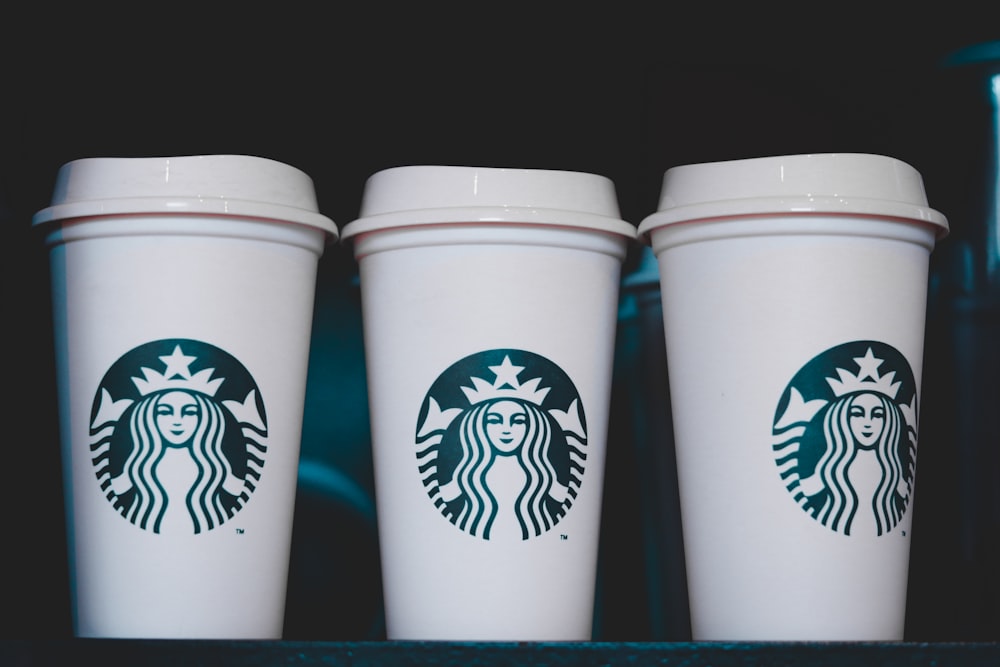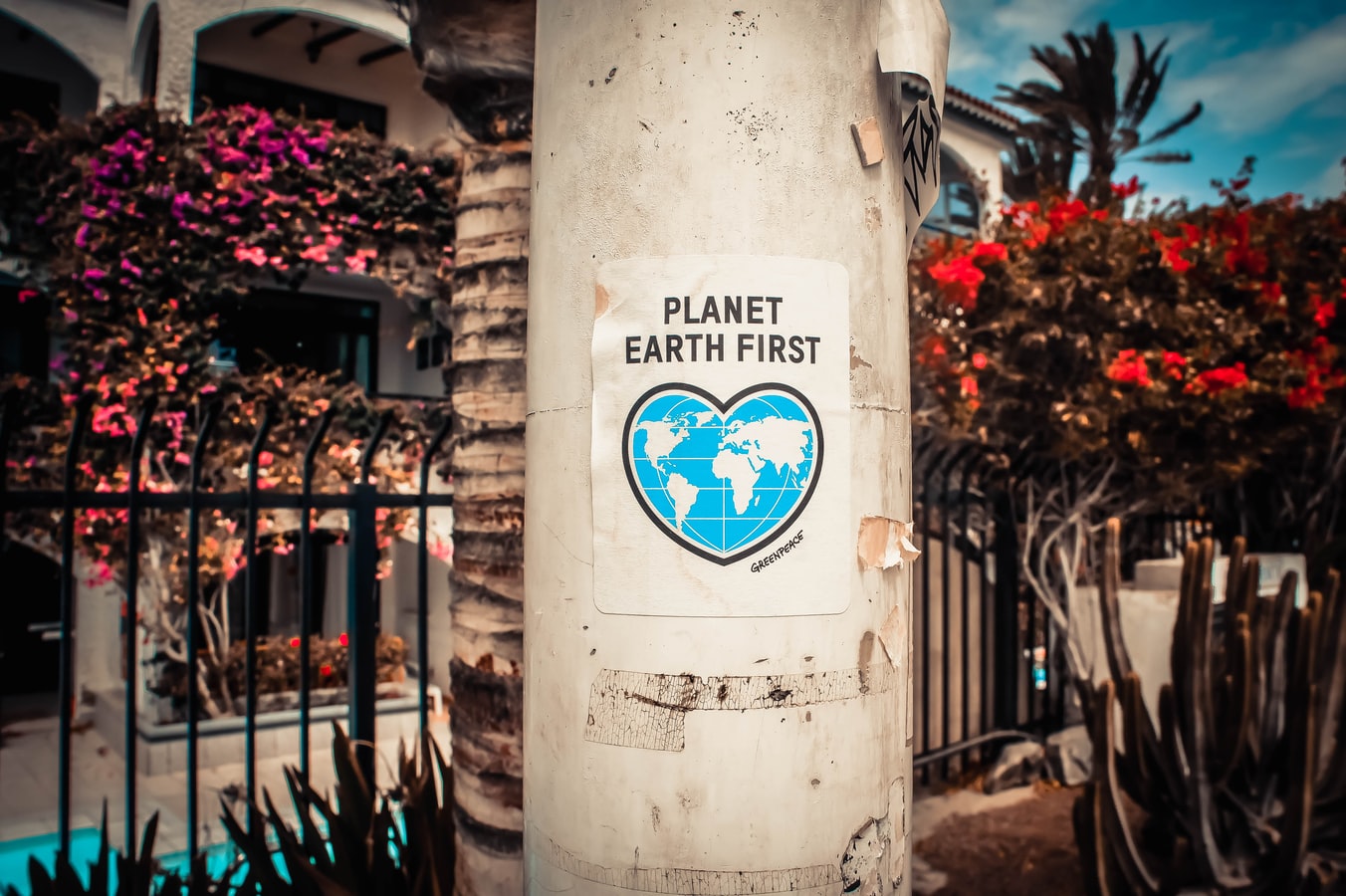More and more Polish and foreign brands use the topic of ecology in their marketing activities and everyday communication in social media in Poland. Not only is there a growing trend of eco and bio products, but also individual activities of companies not related to ecology. Many marketers consider it a great way to improve their image in the eyes of Polish customers. Unfortunately, the latest research shows that not all Polish consumers like the so-called “green marketing”. How to safely use the topic of ecology in content marketing in Poland?
Table of Contents
• Polish clients critical of eco-marketing
• Poles and ecological solutions
• When is it not worth communicating ecological content in Polish social media?
• These brands are doing eco-marketing well
Polish clients are critical of eco-marketing
According to the most recent research EKOBAROMETR of the Market Research and Opinion Agency SW Research, the recently popular green marketing is not liked by all recipients in Poland. As many as 14% of Poles clearly show skepticism towards pro-ecological communication of brands (especially those not directly related to the production of ecological products or solutions). This means that about 5 million customers in the country do not believe in the honesty of foreign (and not only) brands! Critics of these types of image-related activities in Polish social media are mainly men (58%), regardless of age or place of residence. Suspicion is directed mainly towards (according to the respondents) exaggerated reference to ecological themes in everyday communication and advertising materials for products or services. Does this mean that when creating posts on Polish Facebook or Instagram, you have to avoid the topic of ecology? Not necessarily – but it’s good to know how to do it.
Poles and ecological solutions
It turns out that Polish customers are not as scary as they might seem. Even people who belong to the group of clear critics of eco-marketing show pro-ecological behaviour in everyday life and purchasing decisions. According to the results of the report, 90% of “critics” segregate their rubbish, 89% go shopping with their own bags, and 87% buy energy-saving LED bulbs. This means that Polish consumers are not critical of ecology itself, but only the intrusive, artificial actions of brands in social media in Poland. How to use this insight in practice?
When is it not worth communicating pro-ecological content in Polish social media?
If the brand and what it sells have never been associated with ecological activities (e.g. it does not use materials for recycling, packs its products in large amounts of plastic, tests on animals, uses cheap materials, uses a lot of water or energy to produce, has no certificates, etc.), pro-ecological content will be received very negatively by customers. It is worth knowing that Poles are not only sensitive to the excess of advertising, but are also very easily able to point out hypocrisy to brands. This type of slip-up is a PR shot in the backside.
Jessica Mercedes’s PR slip-up
Only this year, the case of the Polish influencer Jessica Mercedes and her clothing company Veclaim echoed loudly. Despite earlier assurances that the brand produces clothes only from Polish high-quality materials, it turned out that the clothes were bought from a cheap Chinese manufacturer. Had it not been for the prior persuasion of customers as to the quality of the products, it would have probably been possible to avoid such a big scandal, which would have deprived the influencer not only of customers, but also of a significant proportion of her followers.
https://www.instagram.com/jemerced/?hl=hu
The unsuccessful campaign of the Żywiec Zdrój brand
The Polish brand Żywiec Zdrój had a similar slip-up during an influencer campaign with the traveller Martyna Wojciechowska. On her Polish social media, the ambassador praised the use of plastic to create bottles, spreading the myth that plastic is a better raw material than glass.
https://www.facebook.com/martyna.world
These brands are doing eco-marketing well
What Polish consumers pay attention to when evaluating eco-marketing campaigns is, above all, the compliance of promises with actual actions.
LIDL and less plastic
Thanks to this consistency, for example, the campaign of the LIDL chain of stores under the slogan “Less plastic – more joy in life” was positively assessed. The company acknowledged that it has significantly reduced the PET material in branded water bottles, and packaging of meat, fruit, and vegetables.
Starbucks Polska for its own mugs
The 2019 campaign of the Starbucks store chain in Poland was equally warmly received; encouraging people to come with their own reusable mugs. Polish customers were used to pro-ecological activities on the part of the manufacturer. A year earlier, the Starbucks brand was the first in the industry to announce the recall of plastic straws.

Resibo – 100% eco brand
Another example of a successful pro-ecological campaign in Polish social media is the activities of the cosmetic brand Resibo. Caring for ecology is at the forefront of the brand’s core values - and you can see it not only in words, but also in actions. Resibo cosmetics are made of natural, organic ingredients, and the manufacturer packs them in ecological packaging that can be recycled. If that was not enough, packages from Resibo sent to customers are filled with plastics that dissolve in water. With so much pro-ecological behaviour already at the production stage, customers do not mind marketing messages emphasising care for ecology.
https://www.instagram.com/p/CFyy_GWjt79/
Polish consumers do not like hypocrisy. They are ruthless when it comes to ecology – if a brand uses green marketing forcefully, they will have a negative attitude towards it. If you are looking for help from a Polish communications agency that will examine whether your brand should conduct eco-marketing activities on the Polish market and conduct such a campaign for you, contact us.
